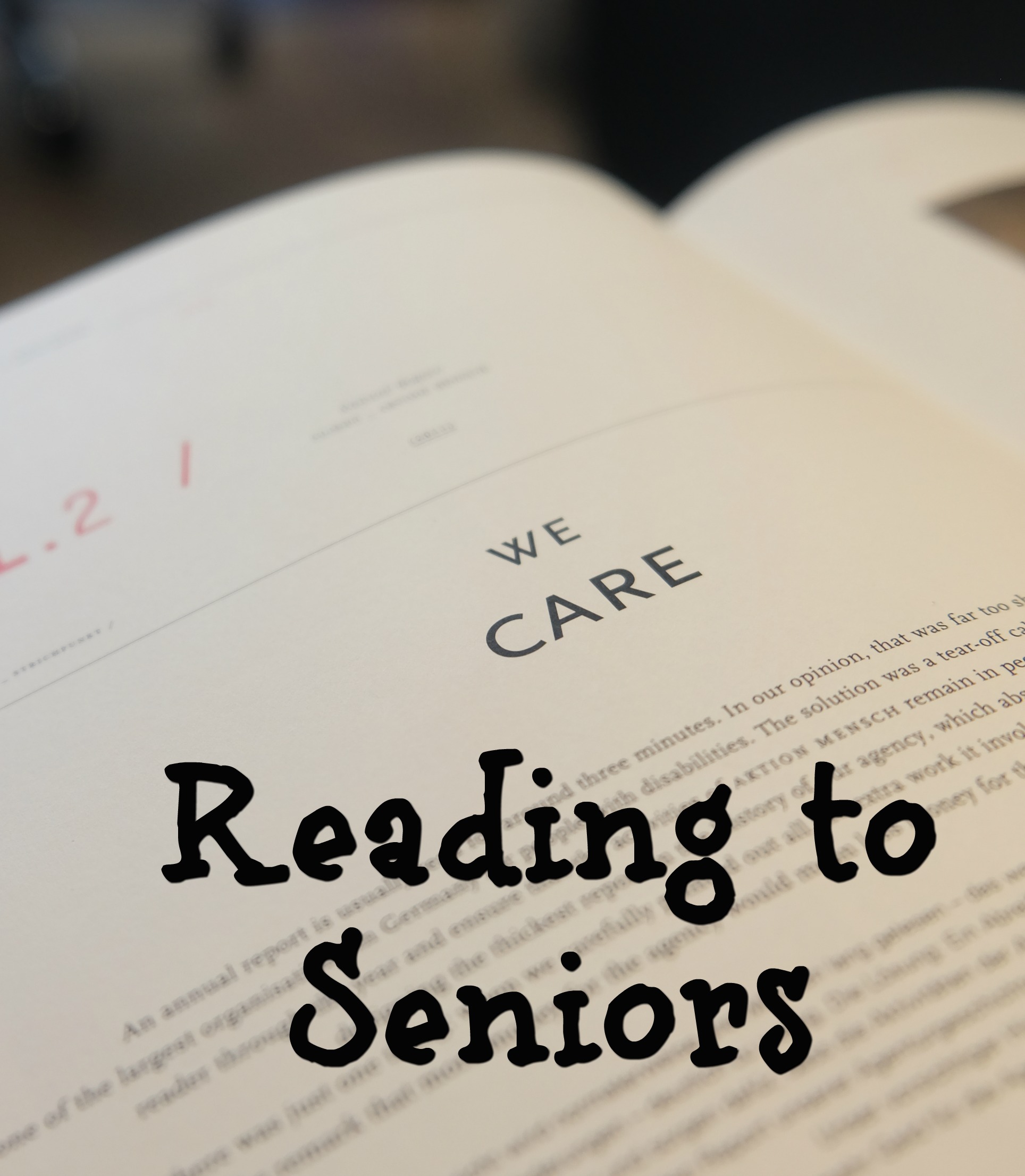I would be a lost soul if I could not read.
To me, reading soothes my troubled spirit when my world is crazy. I thank God I was never a smoker but I confess I am a bookworm; I am addicted to reading. I often said to Rich, my late husband, “reading is my cigarette”. Sometimes I am reading three books at once. There’s a paperback I keep in the car (waiting in my car for a family member who has run into a store is not boring when I can read – it’s like a stolen moment in time!). Umm…maybe my pocketbook is on the heavy side because of the novel I carry. My bedside table always holds at least two to three books – I tend to read according to my mood of the night. The written word takes my hand and leads me into a land where my stress, troubles and fatigue magically disappear.
I learned to read in first grade when I sounded out the words in DICK, JANE AND SALLY. Mrs. Reed, my teacher, let us read if we didn’t want to play in the sandbox or with the make-believe kitchen. She always read to us at naptime – what an awesome way to fall asleep! Ms. Farrell captured the minds of my peers in fifth grade as she read CHARLOTTE’S WEB on snowy school days. Christie, my best friend since second grade, shares my love of the written word. We were both so intrigued with MERRY LIPS by Jean Dixon that we read it many times. That novel was about a little girl who dressed as a boy to get into the colonial Army to find her brother. I always wanted to own a copy. About ten years ago, I finally tracked it down online and bought it. Out of print and no longer available in libraries, I felt like I had found a lost treasure. I wanted my grandchildren to be as intrigued with little Miss Merry Lips as I was.
In seventh grade, I read GONE WITH WIND, probably twice, and then once a year until I graduated high school (and a few times since). I smile as I remember the Librarian at Stillwater Central School telling me that book would be too challenging for a 12-year-old because it had so many pages and was for adults. Not daunted, I read every chance I had and would lose myself among the hanging moss trees in the Old South, sashay down the winding staircase of Tara and yearn for a chance to be Scarlet O’Hara – if only for a day. My love of history was born with the reading of that novel – thank you, Margaret Mitchell.
I also journeyed with Auguste Rodin in NAKED CAME I by David Weiss. This fascinating novel opened my eyes about a rebellious sculptor from the late 1800’s whose passion was to create true-to-nature sculptures. Now that was a hefty book that took me more than a few days to read. I must say that the subject matter was not my “usual read” but it touched the rebel part of my heart and allowed me to identify feelings I hadn’t ever put a name to. That book is on my “must read again” list.
Caregiving gives me the opportunity to engage seniors in conversations about favorite novels – the ones I enjoy and the books they have read or are currently reading. It is interesting to hear their comments when I ask questions, such as “what’s the book about?” I smile at their answers -- “Oh, so and so wants to solve a mystery but I can’t figure out why” or “Not sure, there are too many people running all over the pages who confuse me”. The important part about seniors reading is that their minds are teased into remembering what’s going on in the book. They are able to lose themselves, as I do, in the world of others’ imaginations. They are stepping out of the humdrum of their now less active life and journey with the main character who perhaps has the adventures and lifestyle they once had, or wished they had lived. I smile when I think about Paul, a senior I cared for a few years ago. He had the most remarkable collection of literature about Abraham Lincoln, his favorite inspirational man. Paul often confused what day it was, or what we had done yesterday. However, his recollection of what the books that lined his den’s bookshelves were about – what era, what deeds were part of Lincoln’s life and what was his favorite part of the book -- was absolutely phenomenal. Paul would often spend his afternoons lost in the life of Lincoln. His eyes would shine and his body language reflected his joy when talking about that historical figure. I believe his collection outshone any local village library’s books about that revered man.
If you are a caregiver for a parent, you have an awesome opportunity to give them a special gift. Take some time from your caregiving and read to them – as they did to you at bedtime, so many years ago. Wasn’t it awesome to hear about Peter Pan and his home in Never-Never Land, or laugh at Huck Finn’s trick when he was told to whitewash a fence? Newspaper print may be too small for your Dad to read about his favorite sports team. Why not read him the article about the game and then engage in some banter about the sport? Not only are you engaging in conversation, but you are spending some time with your beloved parent – time that is so precious as their sun begins to set in the land of their life.
I’m about to begin reading THE SHACK to a senior I am presently caring for. I had been told that novel has been made into a movie that will soon be in theaters. That book was very, very special to my husband and me. I had first read it in 2008, and then my husband, at my urging, read it. It touched our hearts with awesome emotions. When my husband and I took a road trip from our retirement home in Florida in June 2009, he asked me to read him the book during our drive. He drove, I read. He became teary many times as though the words in THE SHACK were touching his very soul – they were. Unknown to us, this was our last road trip together. We reached our family in upstate New York and the next day my husband met with his former doctor of many years – Rich was not feeling well. He was diagnosed with esophageal cancer stage IV and given perhaps a year to live. I lost the man who was the love of my life, for 43 years, six short weeks later. When we had driven back to Florida after the diagnosis, my husband shared that he felt God had put THE SHACK in his life to prepare him for his journey to Heaven.
When I told the senior I care for that THE SHACK was a great book and explained the subject matter, she became very interested. I asked if she would like me to read it to her (as it is in small print and she can only read large print), she said she would look forward to that. Voila! And so, we’ll soon be walking the path in the woods, smelling the flowers and enjoying the warm weather, as we look for the mysterious shack and discover what role that rustic abode plays in the lives of a grieving family. I will read and she will listen. Our minds won’t be focusing on the cold, snowy wind as it blows across the lake. We’ll be listening to the birds singing as we join a man searching for that old shack hidden in the woods. Perhaps Spring just might come early this year!













